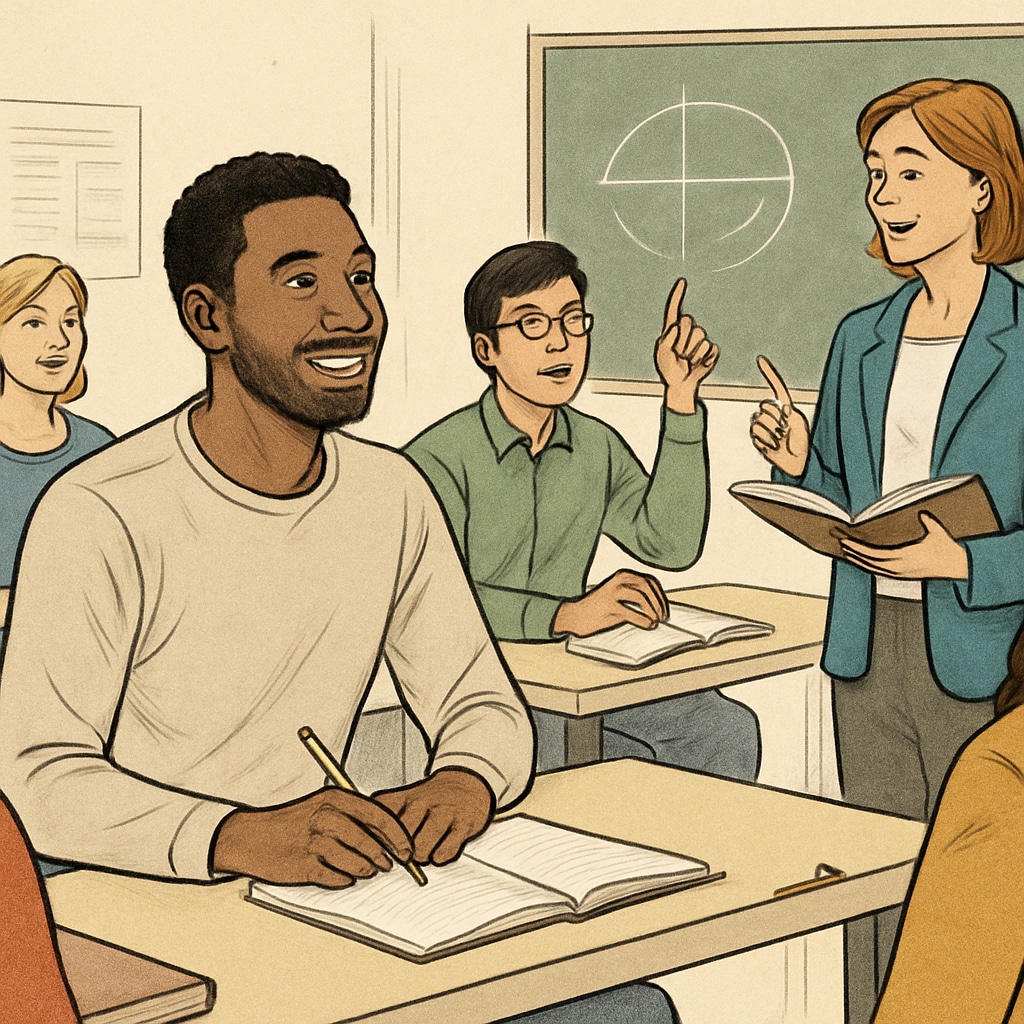For adults who never had the chance to pursue school education, age concerns and self-learning experiences often create hesitation when considering formal education later in life. However, starting a structured educational journey as an adult is not only feasible but also provides unique benefits. This article explores the importance of formal education for adults, the challenges they might face, and practical steps to embrace this transformative path.
The Unique Value of Formal Education for Adults
While self-learning builds independence and curiosity, formal education offers structured knowledge, certified qualifications, and access to expert guidance. For adults, this can be a pathway to achieving professional growth, personal development, and social mobility. Additionally, formal education helps bridge gaps in foundational knowledge, providing tools to think critically and solve problems effectively.
For example, enrolling in a formal program can open doors to new career opportunities that require specific certifications or degrees. It allows adults to demonstrate their commitment and capability to employers, improving their competitiveness in the job market. Furthermore, the discipline and collaboration fostered in a classroom setting often enhance interpersonal and teamwork skills.

Overcoming Age Concerns and Other Barriers
One of the biggest hurdles for adult learners is the fear of being “too old” to return to school. However, education has no age limit. Many institutions now offer flexible programs tailored to adults, including part-time schedules, online courses, and evening classes. These options make it easier to balance education with work and family responsibilities.
Other challenges may include financial constraints, lack of confidence, or unfamiliarity with modern educational technology. To overcome these barriers, adults can explore scholarships, grants, or employer-sponsored education programs. Building a support network of mentors, peers, and family members can also provide emotional encouragement and practical advice.
Additionally, adults can prepare for the transition by starting with smaller, manageable courses before committing to a full program. This gradual approach helps build confidence and acclimates learners to the demands of formal education.

Practical Steps to Begin Your Educational Journey
For those ready to take the leap into formal education, here are some actionable steps:
- Identify Your Goals: Determine whether you aim to enhance career prospects, develop new skills, or achieve personal fulfillment.
- Research Educational Options: Explore programs that align with your goals, considering factors like cost, duration, and flexibility.
- Create a Support Plan: Discuss your plans with family and friends, and seek advice from career counselors or academic advisors.
- Start Small: Begin with a single course or certification to ease into the learning environment.
- Stay Persistent: Setbacks may occur, but persistence and adaptability will help you achieve your educational goals.
Formal education as an adult requires courage, but the rewards are profound. By leveraging self-learning experiences and addressing age concerns, adults can embark on this journey with confidence and determination.
Readability guidance: The article uses concise paragraphs, actionable lists, and frequent transitions to maintain clarity and engagement. Images are placed to complement key messages, ensuring readability and relevance.


